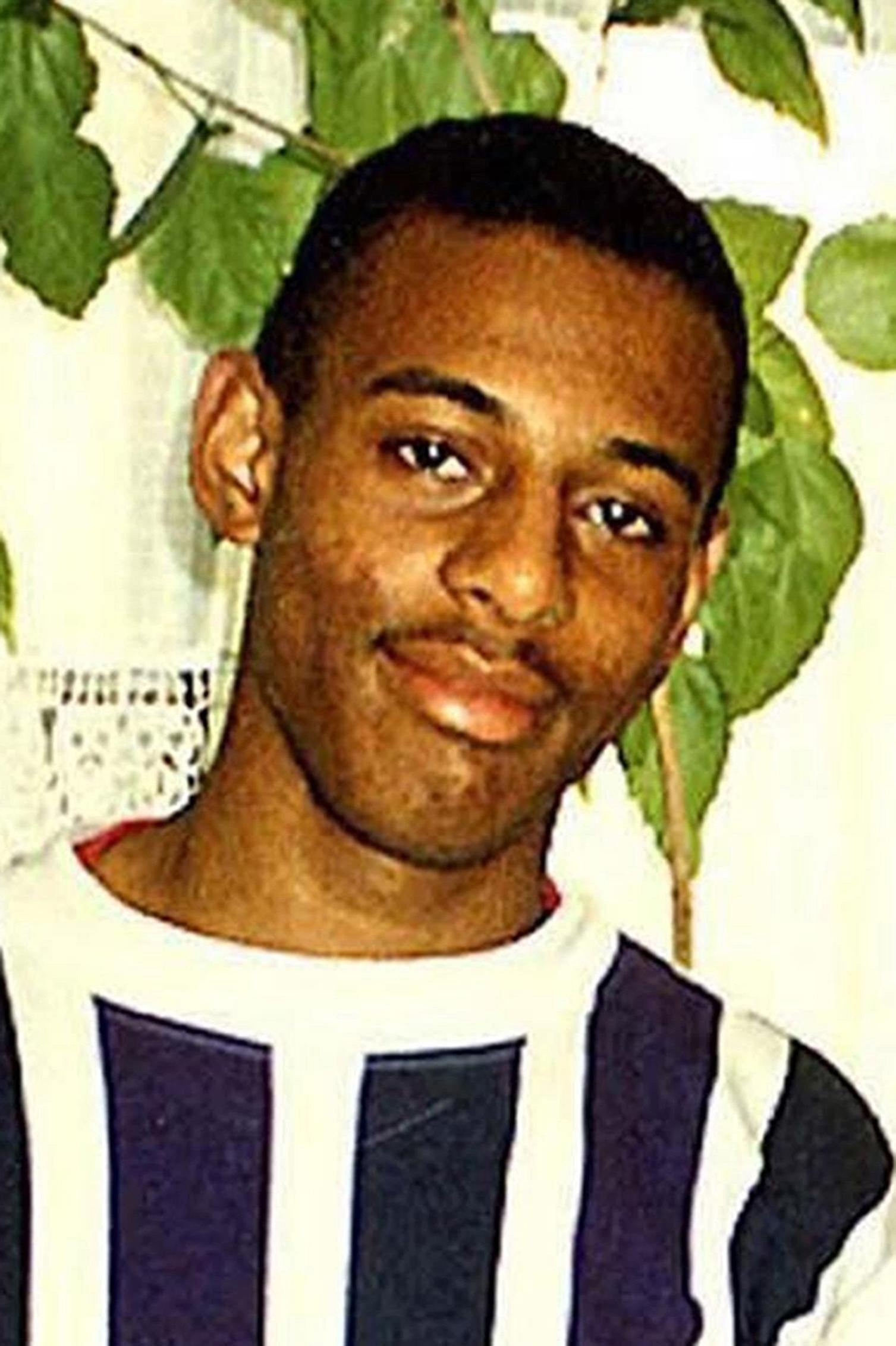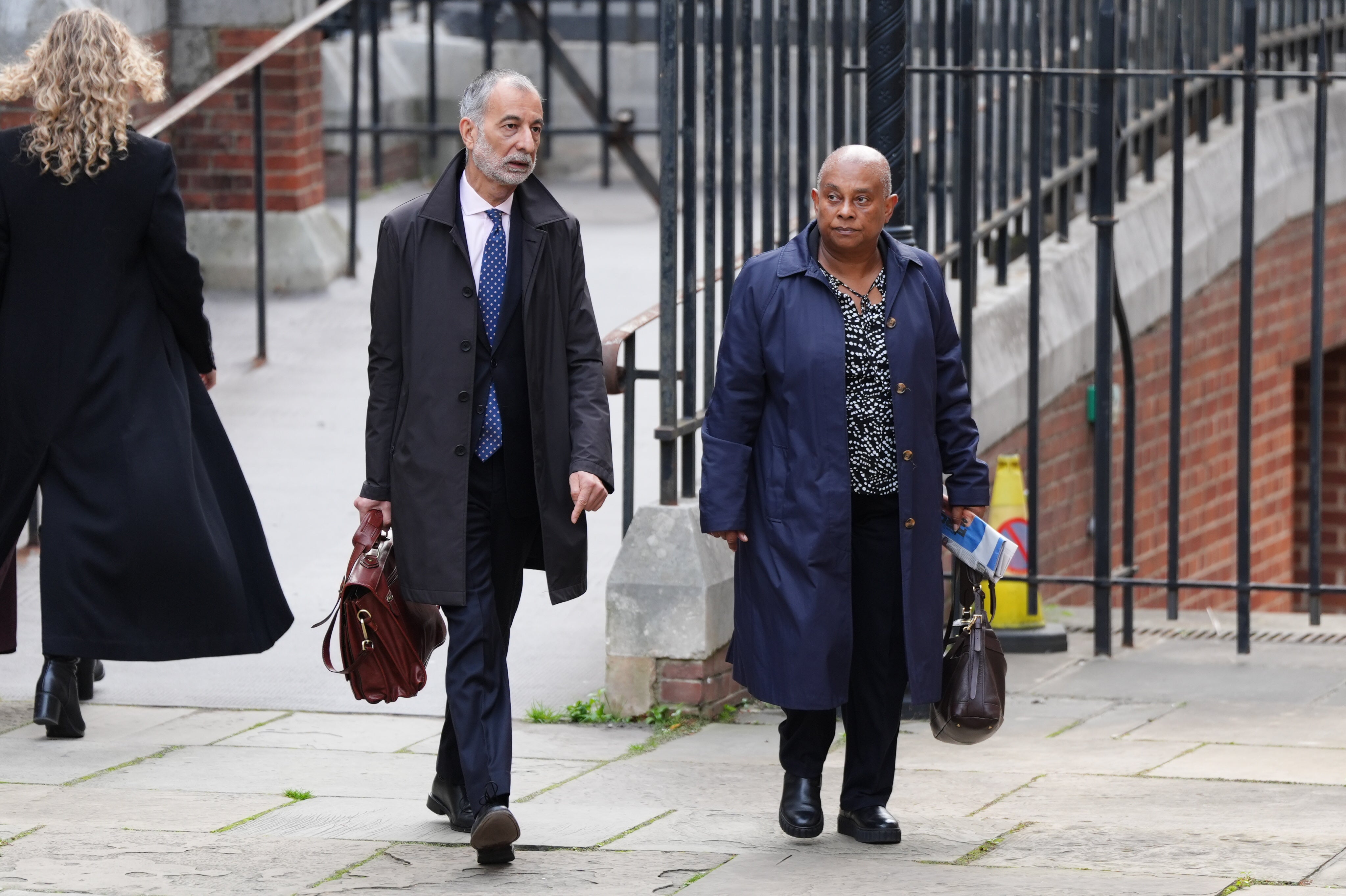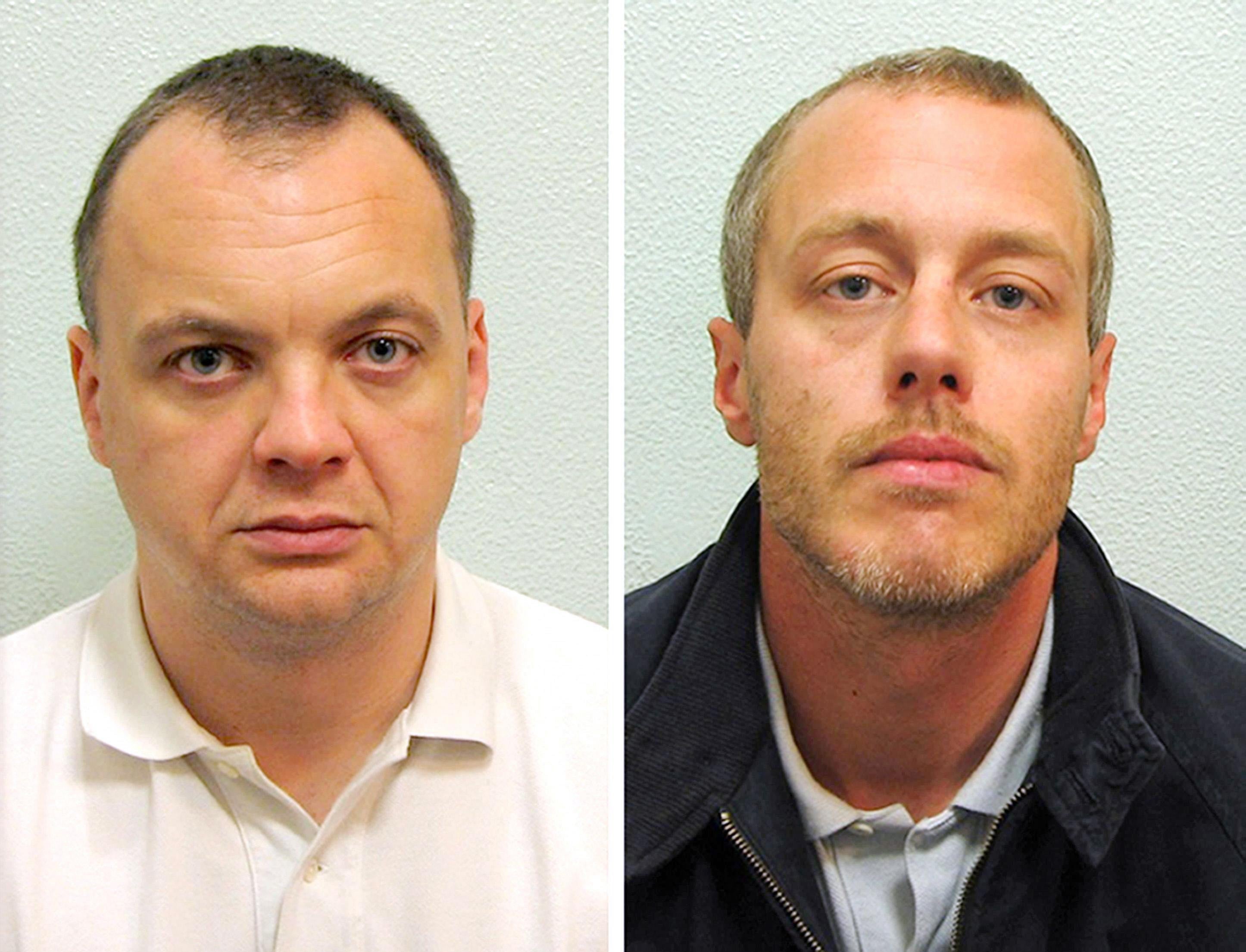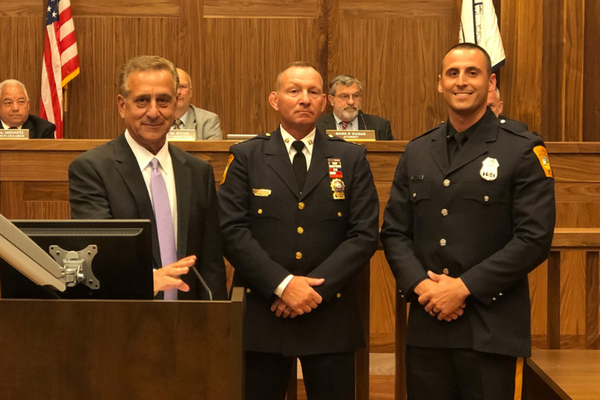Stephen Lawrence’s killer has said he is “deeply sorry” to the teenager’s family for his part in the racist murder – but has insisted he cannot name his accomplices.
David Norris told a Parole Board hearing he was “disgusted and ashamed with himself” for taking part in the 1993 stabbing, but said he and his family would be “at risk” if he divulged details of the others involved.
Speaking publicly for the first time about his role in the notorious murder, he said he was caught up in a “gang mentality” as he described punching the aspiring architect, 18, as he was crouched on the ground.
Questioned if any of the group had a weapon, he told the parole hearing: “I am not here to discuss other people, I am here to take responsibility for my part in what happened, my actions.”
Norris told the hearing there were five individuals involved in the murder, but claimed he did not see the 22cm blade which inflicted the fatal blows until they fled the scene.
The group never spoke about the incident except to say “be careful of what you say from here on in, and it was never spoken about again”, Norris told the hearing.
He insisted there is “no group loyalty” or “criminal code” preventing him from naming his accomplices, adding: “There is one reason and one reason only, because I’m worried about the safety of my family.”
Only two of Mr Lawrence’s five or six alleged attackers have ever faced justice after Norris was jailed for life with a minimum of 14 years, along with Gary Dobson, who must serve a minimum of 15 years, in a trial that hinged on tiny traces of forensic evidence in 2012.
A panel of experts from the Parole Board must now decide whether he is safe to be released or moved to an open prison.
In a prepared statement at the start of his evidence, Norris, now 49, apologised to the Lawrence family and the entire black community.
“The guilt I have carried around all these years has been a very heavy burden upon my shoulders,” he said, adding Mr Lawrence was “completely innocent”.
He admitted he was a “horrible, violent, racist” 16-year-old who was “fixated on becoming a gangster” when the group targeted Mr Lawrence and his friend Duwayne Brooks in Eltham, southeast London, in 1993.
“It also affected the wider community as well, especially the black community,” he said.
“It must have made some, if not all, not feel safe walking around the streets of London and I want to sincerely apologise to the whole black and ethnic community for the fear I have caused.”
However, Mr Lawrence’s grieving mother told the panel he was an “obvious danger to society” and should not be released.
In a statement read by her lawyer, Imran Khan, Baroness Doreen Lawrence said: “I am of the view that this person is a risk to society and dangerous.
“I simply can’t see him walking the streets of our diverse country without thinking that he would harm someone like me – a black person – someone he described as wanting to kill and torture.”

She reminded the hearing of a shocking covert police recording of Norris and Dobson from 1994, known as the Footscray tapes, in which Norris discussed how he would “kill every black c***” he knows.
He later discussed taking two submachine guns to Catford, a diverse area of southeast London.
“Any person who expresses views like this and doesn’t recant is an obvious danger to society and must remain in custody,” Baroness Lawrence added.
She said Norris forced her to listen to “denial after denial” during his 2012 trial, adding he did not show “a hint of empathy or feeling for me or what my family had gone through”.

Mr Lawrence’s father agreed his son’s killer has not shown “genuine remorse”, adding that “justice has not been done” if Norris is released without naming the other members of the gang.
Dr Lawrence said at times he did not think he would survive during the 18-year battle for justice, during which time his marriage to Baroness Lawrence broke down.
In her opening remarks, the panel chair, Cassie Williams, said Mr Lawrence’s murder was an “awful crime” which had a “profound impact on society”.
Referring to the judge’s sentencing remarks when Norris was jailed in 2012, she said the judge noted he had “not shown the slightest regret” and had “lied to the court”.

Norris, who had always denied involvement, finally admitted he was at the scene of the murder in prison. He told the hearing he was inspired to take responsibility for actions after he watched a documentary featuring Mr Lawrence’s father, which touched him “deeply”.
“The next day I thought I have got to do the right thing for my soul and hopefully it will give the family some peace,” he said.
The prisoner, who was wearing a dark T-shirt, glasses and has short, greying hair, was only visible from behind as the prison hearing was streamed to the Royal Courts of Justice.
He claimed he hopes to one day remarry and live a crime-free life in a new area, away from his old criminal associates. He told the panel he stopped socialising with the other group members in 2002 or 2003.
Despite his apparent contrition, he admitted he would not have handed himself in, and justice would not have been served if he had not been convicte,d because he did not want to leave his children.
His prison offender manager (POM) said she could not rule out that the father of five had changed his stance in order to aid his release efforts. She told the panel that she does not believe Norris is ready for release or to be moved to open conditions.
The panel heard he has completed courses relating to racism and violence in custody, but prison records allege he used a racial slur as recently as October 2022, which he denies.
Prison officers found a mobile phone and a sharpened screwdriver in his cell in 2022, and he last failed a drug test in June 2023, the hearing was told.
Norris also rejected prison intelligence reports that suggested he and two other inmates were English Defence League supporters.
Asked if he was worried he would be a “poster boy for the far right” on his release because of his crime, he replied: “Of course.”
He claimed he would reject any attempts to persuade him to join far-right groups and that he does not hold those beliefs.

A bungled police investigation led to the landmark MacPherson Inquiry, which concluded that the Metropolitan Police’s probe into the murder was marred by institutional racism. However, Norris told the panel he had never sat down to read the inquiry’s findings.
Ahead of the hearing, Mr Lawrence’s father said Norris should not be considered for parole until he names the other members of the racist gang.
“It’s important for me because of what these people have done,” Dr Lawrence said.
“They ruined my life. They’ve caused me not to be able to live in this country. They’ve robbed me of the chance of seeing my son getting married, of having (his) grandchildren.
“This man has robbed me of so much that there is no way I can even start to think that he should be allowed to walk free.”
The hearing continues.







